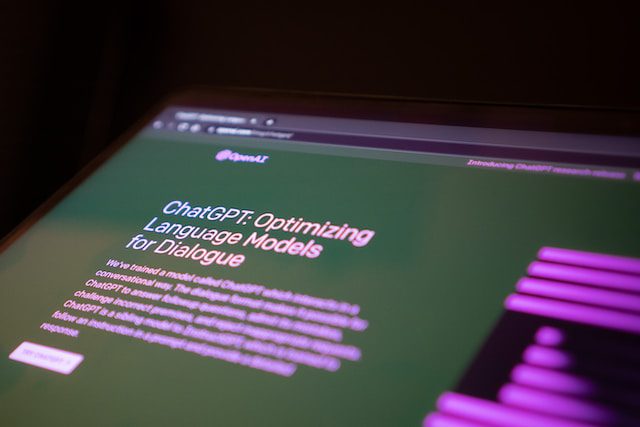
Photo by <a href="https://unsplash.com/ko/@jupp?utm_source=unsplash&utm_medium=referral&utm_content=creditCopyText">Jonathan Kemper</a> on <a href="https://unsplash.com/photos/MMUzS5Qzuus?utm_source=unsplash&utm_medium=referral&utm_content=creditCopyText">Unsplash</a>
Recently, ChatGPT has ignited a global fervor as this artificial intelligence tool has garnered substantial attention since its launch. With OpenAI’s release of its latest version of the multimodal, large-scale language model GPT-4 last month, the response accuracy has further improved, and besides text, it now accepts image input as well.
Numerous enterprises have chosen to integrate ChatGPT to enhance their work efficiency, yet this approach entails certain risks at this stage. As reported by Digitimes, within less than 20 days of adopting ChatGPT, Samsung experienced three incidents of semiconductor trade secret leakage. Two of this involved semiconductor equipment information, while the other pertained to meeting content, encompassing measurement data and product yields, which have allegedly been stored in ChatGPT’s learning database.

These three internal Samsung incidents fall under the category of misuse and abuse of ChatGPT. For instance, when employees asked questions and verified answers on ChatGPT, these responses ultimately became part of ChatGPT’s learning materials. Should other users pose related inquiries about Samsung’s semiconductors on ChatGPT, sensitive corporate information or trade secrets may be divulged. If the information is erroneously input into ChatGPT, it will be transmitted to external servers, rendering data irretrievable even upon Samsung’s discovery.
In Incident A, an employee copied erroneous source code to ChatGPT while attempting to download semiconductor equipment measurement data software, seeking a resolution. In Incident B, another employee entered their application code into ChatGPT to obtain information on equipment yields and requested optimization. In Incident C, a staff member provided data and asked ChatGPT to help create meeting minutes.
In an effort to preclude similar incidents from recurring, Samsung is currently formulating protective measures and even considering severing ChatGPT services should another incident arise.